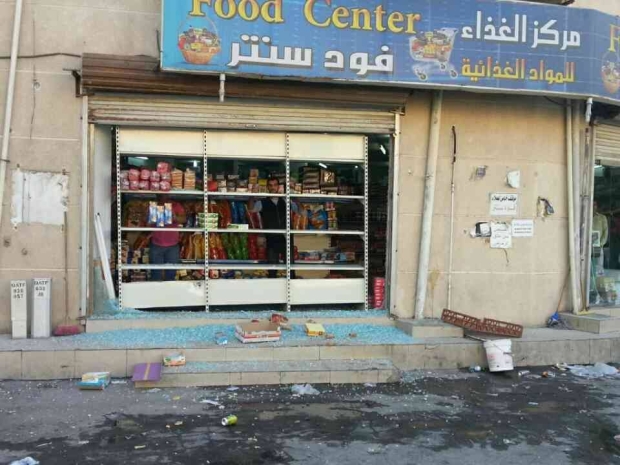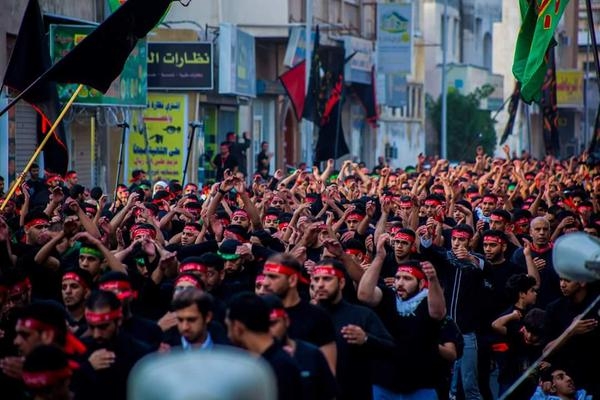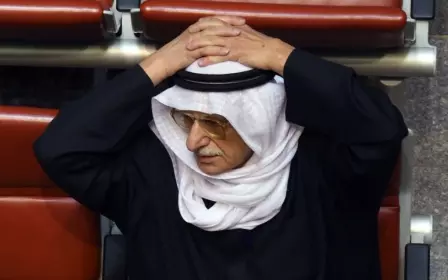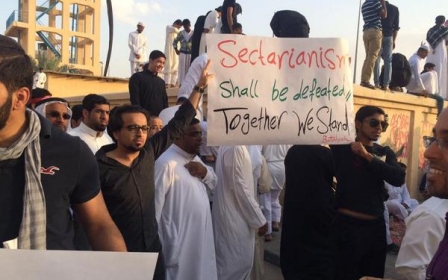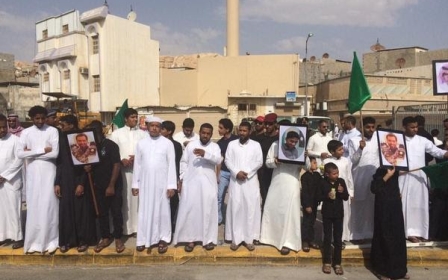Residents of Saudi Arabia's eastern province fear fallout over killing of policeman
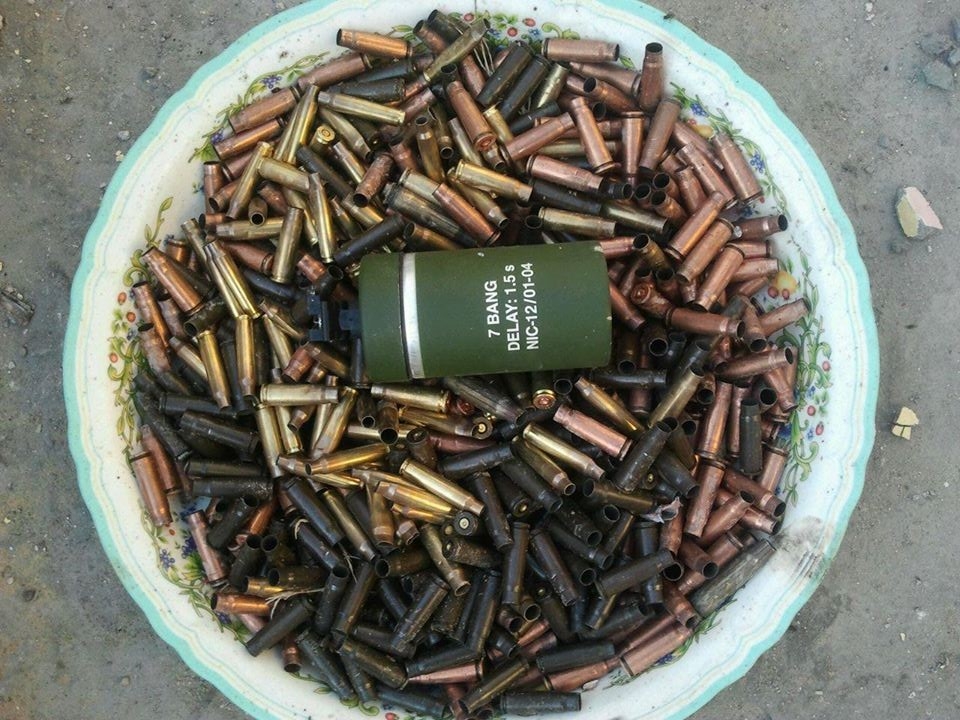
A policeman was killed in the Saudi province of Qatif on Saturday, after a day of fierce rioting and the deaths of at least four local residents.
Raed Abid al-Matiri, who worked as a traffic policeman, died on Saturday evening when militants opened fire on his checkpoint in the restive province.
His death came just hours after at least four people were killed in house raids launched by security forces in the village of Awamiya in Qatif province.
2014 has seen 1,916 reported incidents of “attacks” against police personnel in Saudi Arabia – some 20 percent of criminal court cases in the Gulf nation are related to the charge, Arabic news site the New Khaleej reported on Monday.
Amid high numbers of attacks targeting police personnel and the security services, residents told MEE on Monday that they fear retaliation in the wake of Matiri’s killing on 20 December.
Earlier in the day on Saturday, the Saudi Ministry of Interior released a statement saying four “terrorists” had been killed after they exchanged fire with security forces who were storming their hideouts.
According to the statement, the men who died were responsible for the killing on 14 December of another policeman, Abdel Aziz al-Assiri, who was shot in Awamiya village.
Local activists, however, said that five people, including a 12-year old boy, were killed on Saturday when security forces opened fire at random during house-to-house raids.
A resident, who asked not to be named for security reasons, told MEE on Monday that security forces entered the village early on Saturday morning, just under a week after Assiri was killed there.
“They began raiding houses – then, when they didn’t find who they were looking for, they just started spraying bullets at random.”
Activists circulated photographs of building exteriors peppered with bullet-holes and shops with smashed windows, as well as graphic images of the dead men.
At least 20 people were also reportedly injured during the unrest.
“The operation went on for hours – roads were shut down, and nobody could go in or out of the area for any reason.”
Activists said a 12-year old boy, Thamir Al Bia, was among the dead - the resident who spoke to MEE said the boy’s three brothers were arrested during the raid.
The deaths sparked a day of rioting, with residents setting up road-blocks and lighting tyres on fire.
Cars were also set alight after the bloodiest incident to hit the village, which has been a focal point for unrest, in years.
The province’s mainly Shi’ite population complain they are marginalised and discriminated against by the kingdom’s Sunni rulers.
However, Awamiya has recently become a centre of protest, since the arrest and sentencing of Sheikh Nimr al-Nimr, a native of the village who delivered Friday prayers at a local mosque since 2009.
Sheikh Nimr al-Nimr was sentenced to death in October after a trial Amnesty International described as “deeply flawed.”
Nimr was sentenced on charges of “seeking foreign meddling in [Saudi Arabia],” disobeying the country’s rulers and carrying arms against Saudi security personnel.
Nimr’s continuing imprisonment and upcoming execution were mentioned as key issues by thousands of residents of the eastern province who turned out on Sunday to attend a memorial march marking the death of the Prophet Muhammad in 632.
Some participants in the march, celebrated by members of the Twelver Shi’ite sect, held aloft posters bearing Nimr’s image.
According to MEE’s source, this year’s march was very different from previous events.
“The march is usually purely religious – politics doesn’t enter into it. The fact that it did this year, when over 10,000 took to the streets a day after five people were killed in Awamiya, is a sign that things are bad and are getting worse.”
The bodies of the local residents killed on Saturday have not yet been returned from the local hospital, where they are undergoing analysis.
Funerals are expected to be held at the end of this week after their bodies are returned to relatives.
MEE’s source in the village said he expects the funerals to be widely attended.
“People from the whole area, residents of about 60 or 70 villages, will come to the ceremony – there will be a lot of anger.”
New MEE newsletter: Jerusalem Dispatch
Sign up to get the latest insights and analysis on Israel-Palestine, alongside Turkey Unpacked and other MEE newsletters
Middle East Eye delivers independent and unrivalled coverage and analysis of the Middle East, North Africa and beyond. To learn more about republishing this content and the associated fees, please fill out this form. More about MEE can be found here.


